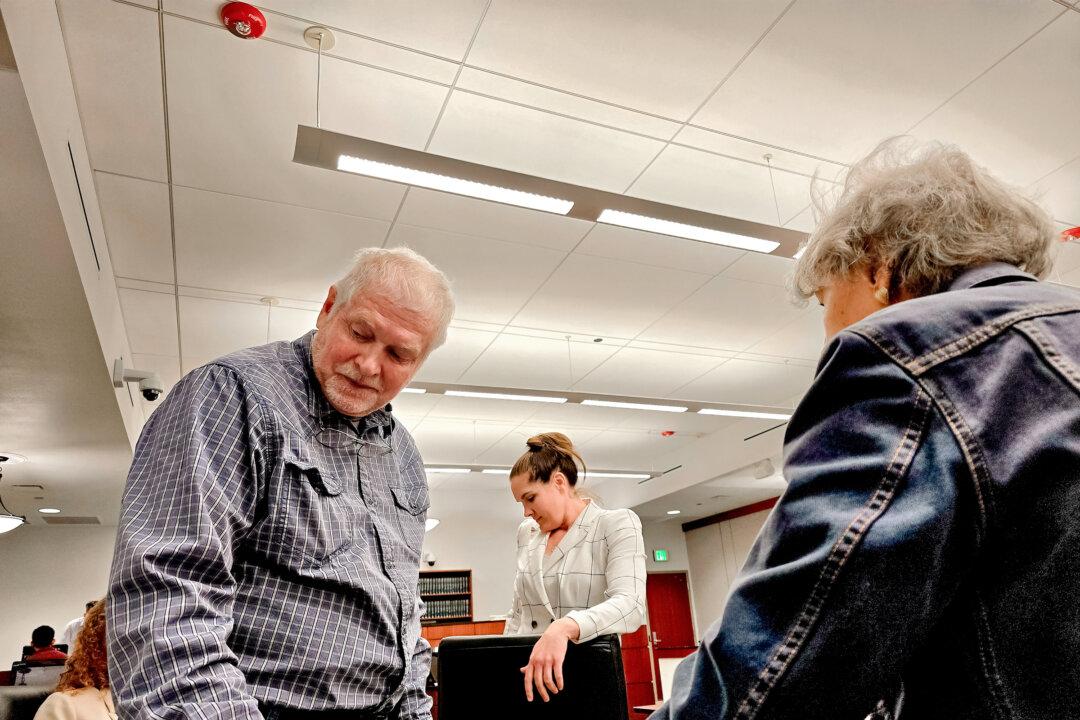An Arizona judge on July 9 dismissed with prejudice the murder case against an elderly ranch owner charged in the shooting death of an illegal immigrant on Jan. 30, 2023.
In a 12-page decision, Santa Cruz County Superior Court Judge Thomas Fink said the prosecution failed to present evidence to convict Nogales resident George Alan Kelly, 75, of second-degree murder and aggravated assault with a deadly weapon.





